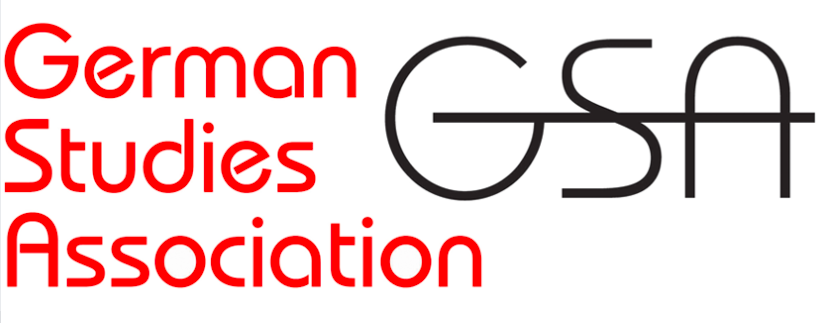GSA Annual Conference – Call for Seminar Participants

The 46th German Studies Association Conference is planned to take place in Houston, Texas, from September 15 to September 18, 2022.
In the framework of this event, IASGP members Barbara Donovan (Wesleyan College), Eric Langenbacher (Georgetown University and AICGS) and their colleague Sven T. Siefken (IParl, University of Halle and Colorado College) are looking for participants to present papers for the seminar “New Challenges to German Politics and Policy”:
A new chapter in German history begins with the country’s first three-party coalition government since the 1950s, the ‘Ampel’ coalition, emerging from the 2021 elections. This government faces fundamental challenges on many levels. The ongoing struggle over adequate policies for dealing with the pandemic has had major reverberations for the political process and trust in institutions. The new coalition proposes electoral reform and innovation at the federal and local levels to increase transparency and using new tools of political engagement. Difficult choices must be made to bring about a successful ‘green energy’ transition and serious challenges loom in foreign policy, including with respect to European integration, and in relationships with the United States, Russia, and China. The seminar will focus on these challenges, using the new coalition as departure point for considering current developments as well as the long-term evolution of German political institutions and political culture.
The organizers specifically invite contributions addressing the following questions:
. Which challenges does Germany’s new coalition government face?
. How do the politics of a three-party coalition affect the process of governance?
. Does a heightened degree of party fragmentation enhance or complicate representation and governance?
. What impact has the COVID pandemic had on federalism and parliamentarism?
. How do decreasing levels of public trust affect politics?
. What reforms to the political process are being tried, and how successful are they?
. What challenges are involved in building a viable policy response to climate change?
. What is Germany’s role in the EU on such issues as energy, the rule of law, and democracy?
. How is the new coalition responding to Germany’s foreign policy challenges?
. How does the current German experience compare to past eras or with challenges in neighboring European countries?
The seminar is sponsored by the American Institute for Contemporary German Studies and the Institute for Parliamentary Research, Berlin.
Please note that seminars meet for all three days of the conference during the first or second morning slot. They are led by two to four conveners and consist of 10 to 20 participants, at least some of whom should be graduate students. In order to reach the goal of extended discussion, seminar organizers and participants are required to participate in all three installments of the seminar.
Please submit your proposal by March 14, 2022, through the conference submission system: https://www.thegsa.org/conference/current-conference.
Applications ask for an abstract describing the nature of your contribution to the seminar (500 words max), as well as a short biography (300 words max).
If you have any questions about the seminar, please get in touch with the organizers: Barbara Donovan (bdonovan@wesleyancollege.edu), Eric Langenbacher (elangenbacher@aicgs.org) or Sven T. Siefken (sven.siefken@politik.uni-halle.de).